SCOPE AND OPPORTUNITIES OF CIVIL ENGINEERING
Civil engineering offers a broad scope of career opportunities in planning, designing, constructing, and maintaining infrastructure like roads, bridges, buildings, water systems, and more, with potential roles in both the public and private sectors, including transportation, urban planning, environmental engineering, structural design, and geotechnical engineering, making it a field with diverse career paths and strong job demand due to ongoing needs for urban development and construction.
Key areas of opportunity in Civil Engineering:
- Transportation Engineering: Designing and managing roads, highways, railways, airports, and traffic systems.
- Structural Engineering: Designing and analysing the structural integrity of buildings, bridges, and other structures.
- Water Resources Engineering: Managing water supply systems, wastewater treatment plants, dams, and flood control measures.
- Environmental Engineering: Designing systems to protect the environment, including waste management, water treatment, and pollution control.
- Geotechnical Engineering: Analysing soil properties to ensure stability for construction projects like foundations and tunnels.
- Urban Planning: Designing and developing sustainable urban environments, including land use planning and transportation networks.
Scopes for Civil Engineers
- Public Works Department (PWD): Plans and executes public infrastructure projects
- National Highways Authority of India (NHAI): Develops and maintains national highways
- Rail India Technical and Economic Service: Has a demand for civil engineers
- Airports Authority of India: Has a demand for civil engineers
- Hindustan Petroleum Corporation Limited: Has a demand for civil engineers
Specific Career Paths within Civil Engineering:
- Consulting Engineer: Providing technical expertise to clients on infrastructure projects
- Site Engineer: Overseeing construction activities on-site, ensuring project compliance
- Design Engineer: Creating detailed plans and specifications for construction projects
- Project Manager: Leading and coordinating all aspects of a construction project
- Research Engineer: Conducting research on new materials, construction techniques, and sustainable infrastructure solutions
Emerging trends in Civil Engineering:
- Smart Cities: Integrating technology into urban infrastructure, including intelligent traffic management and data-driven urban planning
- Sustainable Design: Incorporating environmentally friendly practices in construction projects, like green buildings and renewable energy sources
- BIM (Building Information Modeling): Utilizing 3D modeling software for design, construction, and facility management
- Digital Twins: Creating virtual replicas of infrastructure projects for monitoring and optimization

